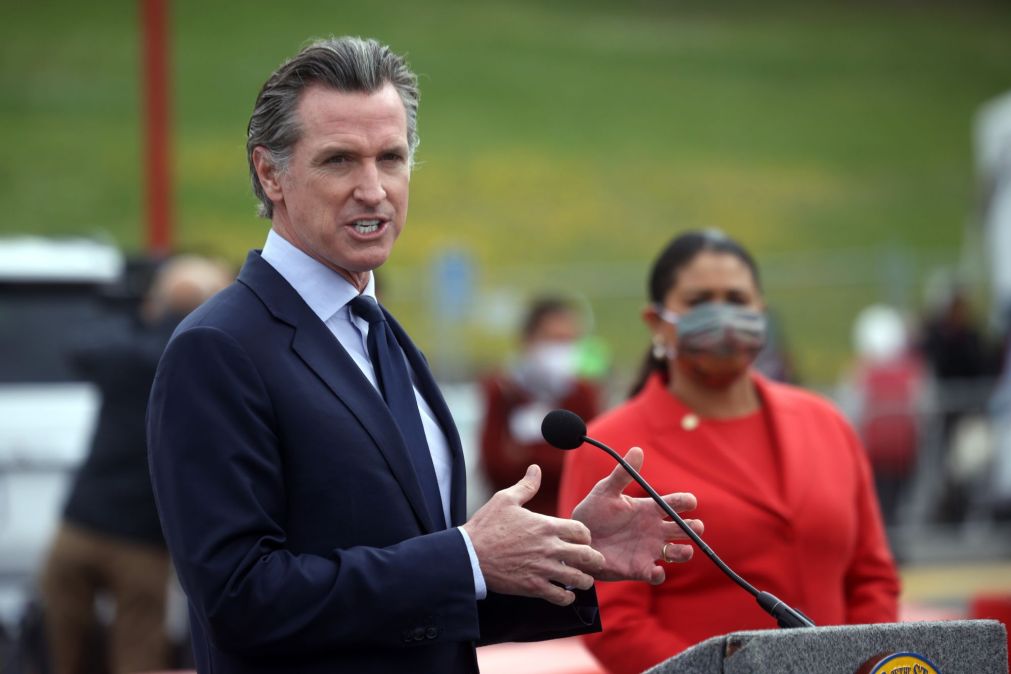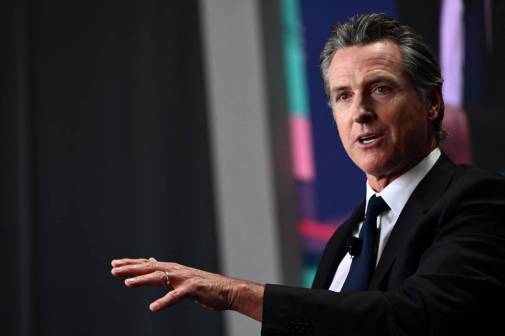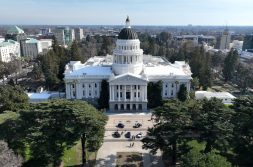California launches statewide homelessness data platform

California launched a new website this week revealing a statewide picture of its homelessness problem and the efforts to correct it.
The Homeless Data Integration System integrates data maintained by the 44 state planning bodies that coordinate services for homeless people, also known as continuums of care. Gov. Gavin Newsom said in a press release Wednesday that the new system, which was developed by the Homeless Coordinating and Financing Council, will help guide state policy.
“You can’t fix what you can’t measure and having a statewide data system will help us determine what’s working and what isn’t, important insight we can use to create accountability and strengthen our response going forward,” Newsom said.
Officials at the HCFC said the new system offers a comprehensive view of homelessness initiatives, providing metrics on service usage across geographic regions and the reach of services to various demographic groups, like veterans, minors or ethnic minorities.
California’s homelessness population grew 16% between 2007 and 2020, with the sharpest rises arriving in the last few years, according to the U.S. Department of Housing and Urban Development. And with 161,000 homeless Californians recorded in January 2020, according to the new website, California has more homeless people than any other state by a significant margin, according to the U.S. Interagency Council on Homelessness.
California’s new system increases the resolution on those top-line statistics, showing, for example, that more than 91,000 homeless people moved into permanent housing in 2020. The portal also shows that the number of people who received government services increased by 131% between 2017 and 2020.
The new platform was developed by the wealth management firm Plante Moran for $1.2 million. According to the HCFC, it was designed to integrate with state benefits platforms likely to be used by homeless people, like CalFresh, California’s food stamps program.
San Jose Mayor Sam Liccardo, whose city saw a 177% increase in homelessness between 2017 and 2019, praised the new platform on Wednesday.
“[It] will provide the transparency critically needed to hold the state, counties, and cities accountable for getting our homeless neighbors off of the streets and into housing,” Liccardo said in a press release.





